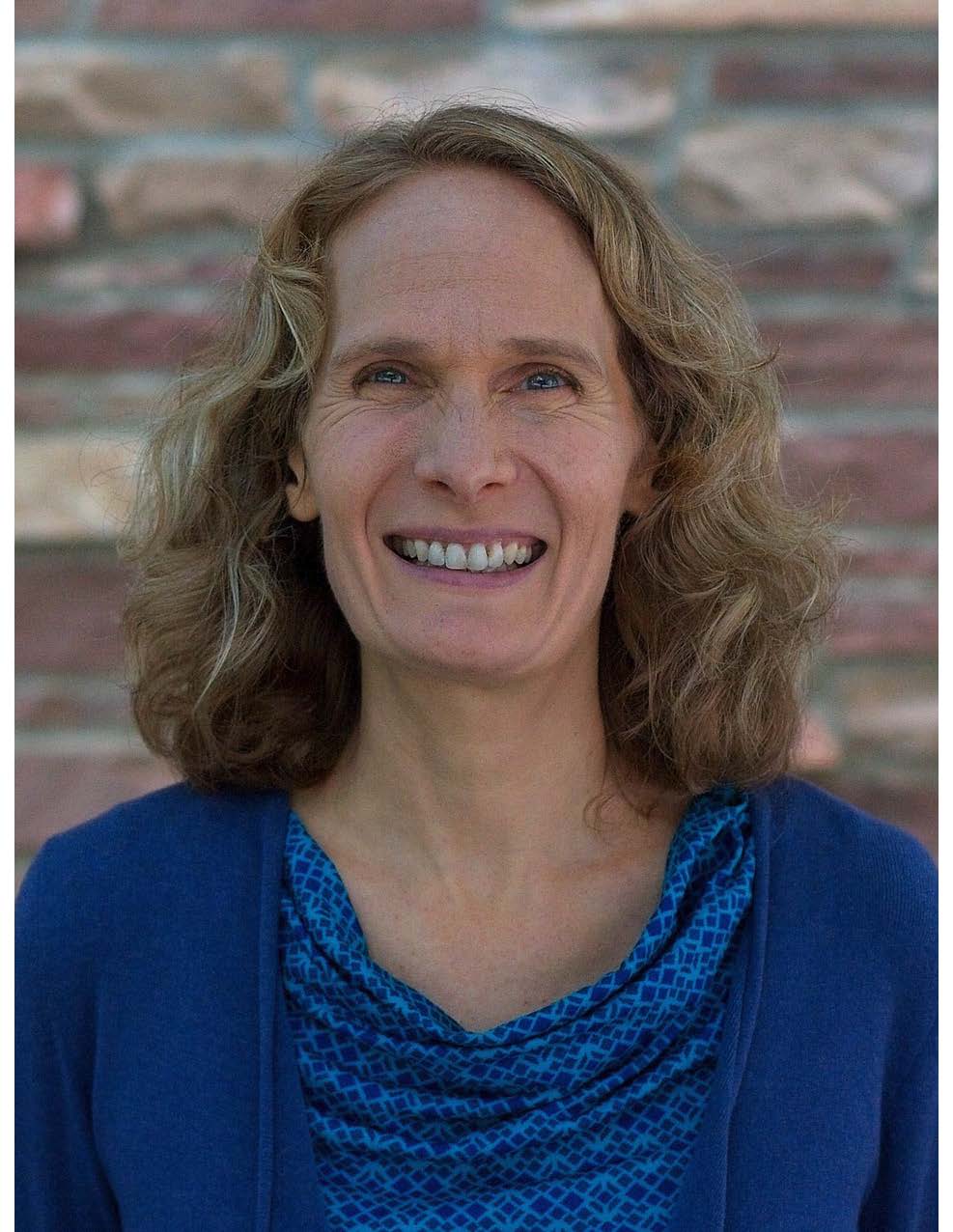Mini Workshop
Health Psychology / Behavioral Medicine - Adult
Helping People Facing Life-Threatening Disease to Thrive through ACT: A Community-informed Approach
Mini Workshop 6 - Helping People Facing Life-threatening Disease to Thrive Through ACT: A Community-informed Approach
Friday, November 15, 2024
10:30 AM - 12:00 PM EST
Location: Grand Ballroom C, Level 5, Downtown Marriott
Earn 1.5 Credit
Keywords: ACT (Acceptance & Commitment Therapy), Behavioral Medicine, Community-Based
Level of Familiarity: All
Recommended Readings: Dindo, L., Van Liew, J. & Arch, J. J. (2017). Acceptance and Commitment Therapy: A transdiagnostic behavioral intervention for mental health and medical conditions. Neurotherapeutics, 14(3), 546-553., Arch, J.J., Mitchell, J.L., Genung, S.R., Judd, C.M., Andorsky, D.J., Bricker, J.B., & Stanton, A.L. (2021). Randomized trial of an Acceptance and Commitment Therapy intervention for anxious cancer survivors in community clinics: Outcomes and moderators. Journal of Consulting and Clinical Psychology, 89(4), 327-340., Angiola, J. E., & Bowen, A. M. (2013). Quality of life in advanced cancer: An acceptance and commitment therapy view. The Counseling Psychologist, 41(2), 313-335., ,
Level of Familiarity: All
Recommended Readings: Dindo, L., Van Liew, J. & Arch, J. J. (2017). Acceptance and Commitment Therapy: A transdiagnostic behavioral intervention for mental health and medical conditions. Neurotherapeutics, 14(3), 546-553., Arch, J.J., Mitchell, J.L., Genung, S.R., Judd, C.M., Andorsky, D.J., Bricker, J.B., & Stanton, A.L. (2021). Randomized trial of an Acceptance and Commitment Therapy intervention for anxious cancer survivors in community clinics: Outcomes and moderators. Journal of Consulting and Clinical Psychology, 89(4), 327-340., Angiola, J. E., & Bowen, A. M. (2013). Quality of life in advanced cancer: An acceptance and commitment therapy view. The Counseling Psychologist, 41(2), 313-335., ,

Joanna J. Arch, Ph.D. (she/her/hers)
Professor
University of Colorado Boulder
Boulder, Colorado, United States
Presenter(s)
Tens of millions of people worldwide live in the shadow of life-threatening diseases such as cancer. Their future looms uncertain. Treatment side effects and disease symptoms can cause pain and discomfort, and threaten to diminish their ability to work or care for others. Consequently, a substantial number of adults diagnosed with life-threatening disease report clinically significant anxiety, depression, and broader distress. Many practitioners lack specific training to help them.
This mini-workshop provides a foundation for clinicians and researchers in how to conceptualize and address psychological suffering in the context of life-threatening disease using acceptance and commitment therapy (ACT). Participants will be introduced to adaptation and applications of ACT in the context of serious disease. Reflecting with this year’s conference theme, our ACT approach has been co-designed and refined in collaboration with patient and provider stakeholders in the community. Specifically, for the past 12 years, we have worked closely with providers and patients in community-based cancer care clinics throughout Colorado to adapt ACT to meet their needs, including the needs of distressed adults facing advanced cancer. The resulting approach draws on core, straightforward ACT principles, metaphors, and exercises to help distressed adults diagnosed with life-threatening disease to thrive in the face of an uncertain future and ongoing challenges. Our approach can be used to treat individuals or groups over one or more sessions, as befits community settings. Though most examples will be based on diverse individuals with cancer, examples from additional disease contexts will be offered as well, to support wider application.
In this presentation, participants will be learn the basics of how to use ACT in the context of life-threatening; what these psychological challenges look like; numerous ways that community stakeholders have informed this approach; and how to troubleshoot obstacles that arise when using ACT in these contexts. Consistent with our community-engaged approach, this mini-workshop will engage the audience through experiential exercises and discussion.
This mini-workshop provides a foundation for clinicians and researchers in how to conceptualize and address psychological suffering in the context of life-threatening disease using acceptance and commitment therapy (ACT). Participants will be introduced to adaptation and applications of ACT in the context of serious disease. Reflecting with this year’s conference theme, our ACT approach has been co-designed and refined in collaboration with patient and provider stakeholders in the community. Specifically, for the past 12 years, we have worked closely with providers and patients in community-based cancer care clinics throughout Colorado to adapt ACT to meet their needs, including the needs of distressed adults facing advanced cancer. The resulting approach draws on core, straightforward ACT principles, metaphors, and exercises to help distressed adults diagnosed with life-threatening disease to thrive in the face of an uncertain future and ongoing challenges. Our approach can be used to treat individuals or groups over one or more sessions, as befits community settings. Though most examples will be based on diverse individuals with cancer, examples from additional disease contexts will be offered as well, to support wider application.
In this presentation, participants will be learn the basics of how to use ACT in the context of life-threatening; what these psychological challenges look like; numerous ways that community stakeholders have informed this approach; and how to troubleshoot obstacles that arise when using ACT in these contexts. Consistent with our community-engaged approach, this mini-workshop will engage the audience through experiential exercises and discussion.
Learning Objectives:
At the end of this session, the learner will be able to:
- Identify psychological challenges in the context of life-threatening disease.
- Identify ACT principles, metaphors, and exercises that can be used to address these challenges.
- Gain understanding and brief practice with key ACT metaphors and exercises in the context of life-threatening disease.
- Apply knowledge gained to troubleshoot common obstacles to using this approach.

.png)
